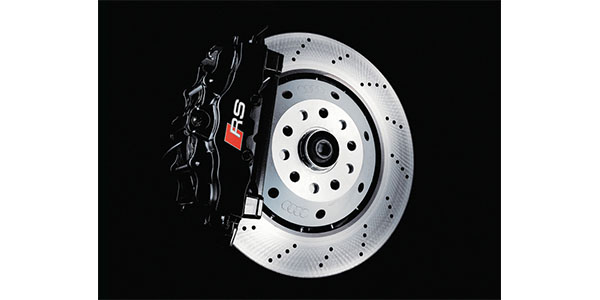NRS Brakes Re-Engineers Galvanized Brake Pads For Audi e-tron
The new addition expands its growing line of high-performance pads for electric and hybrid vehicles.
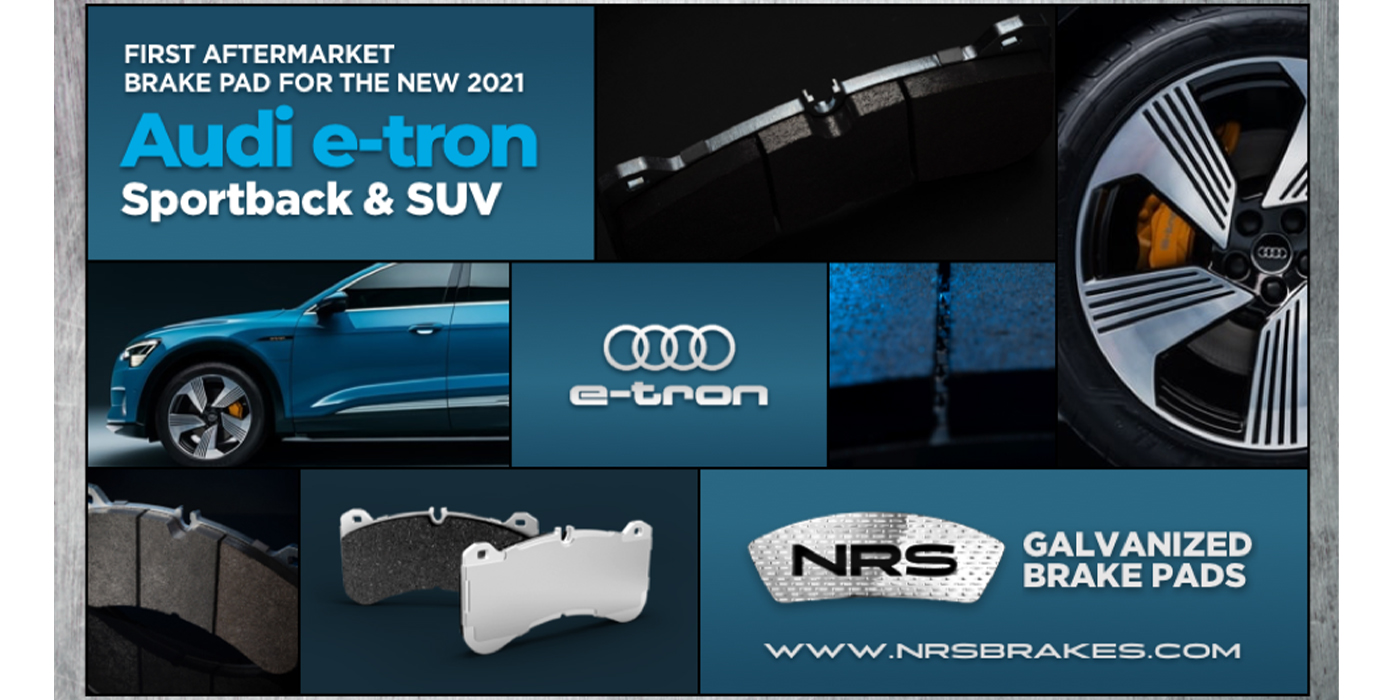
Audi, I-CAR Continue Expansion Of Training Partnership
Programs include Hybrid Electric Vehicles (HEV), Battery Electric Vehicles (BEV) and Advanced Driver Assistance Systems (ADAS).
Free ASE Webinar On Audi OEM Repair Information
Learn where and how to access Audi OEM repair information in this webinar scheduled for July 31.
Diagnosing Audi A8 TPMS Issues
These are all the steps you’ll need to pinpoint fault issues in TPMS for 2009-2016 Audi A8 vehicles.

Audi Stop/Start Systems
Audi first equipped some models with stop/start systems as a standard feature in 2013.

Audi Wire Harness X-Ray
The 2018 Audi A8 is a mild-hybrid technology vehicle, with a belt alternator starter (BAS) and a lithium-ion battery.
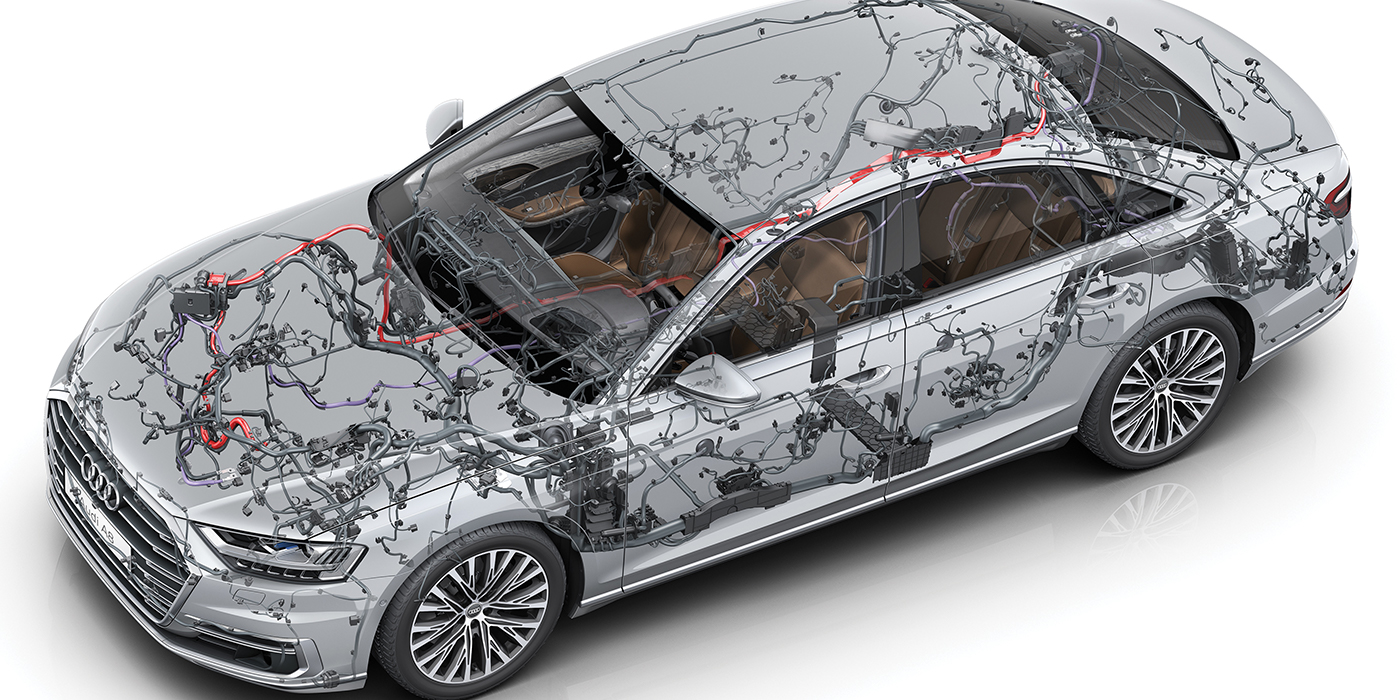
Continental Offers OE-Quality ATE Replacement Brake Booster SKUs For Audi, BMW And More
Whether in stop-and-go or emergency braking, ATE Brake Boosters provide drivers with the ability to effectively engage their brakes, even at low pedal force, according to Continental. Continental offers over 57 ATE Brake Booster SKUs for Audi, BMW, Buick, Mercedes Benz, Jaguar, Land Rover, Mini, Porsche, Saab and Volkswagen vehicles.
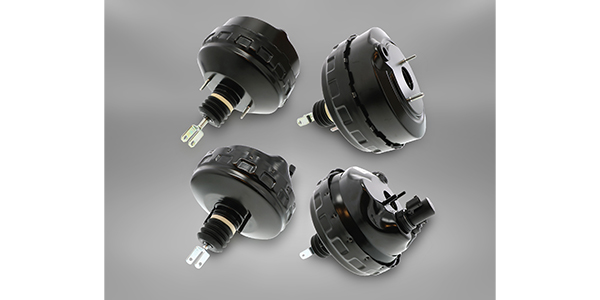
Audi Tech Tip: Identifying Animal Bite Marks And Solutions
Some customers may report electrical problems that might seem unrelated or in just one system. The issue could be animals biting wire insulation, cables and hoses.
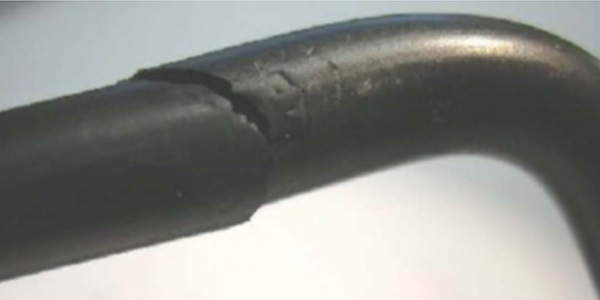
VW/Audi Timing Belt Repairs
A quick look at the list of VW and Audi engine codes will make your head spin. Before starting any repair, you should know the engine code, production date and country of origin.
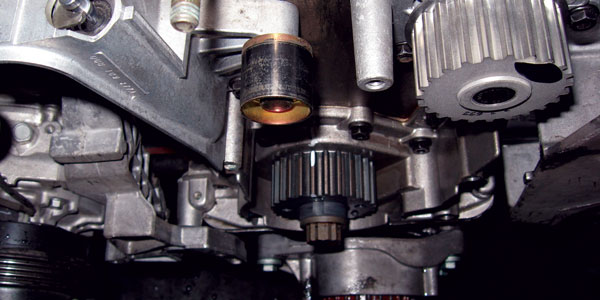
Audi Brake Pad Wear Sensor Operation And Service
Almost every Audi for the past 20 years has been equipped with electronic brake pad wear sensors. Most of them mount the brake pad with a clip, but some are molded into the brake pad. These sensors change their electrical resistance as the loop of wire is worn down and eventually breaks as the brake pads wear down.
